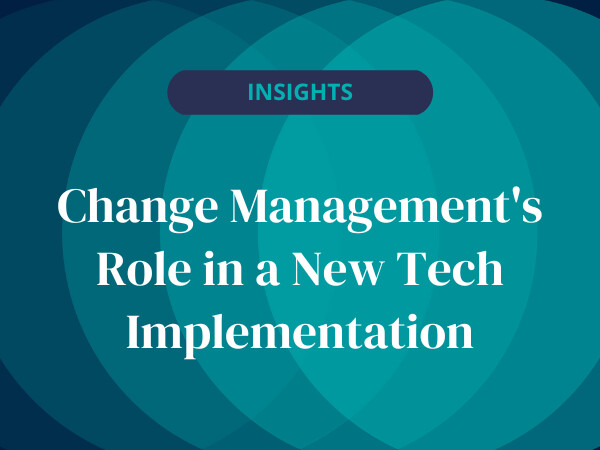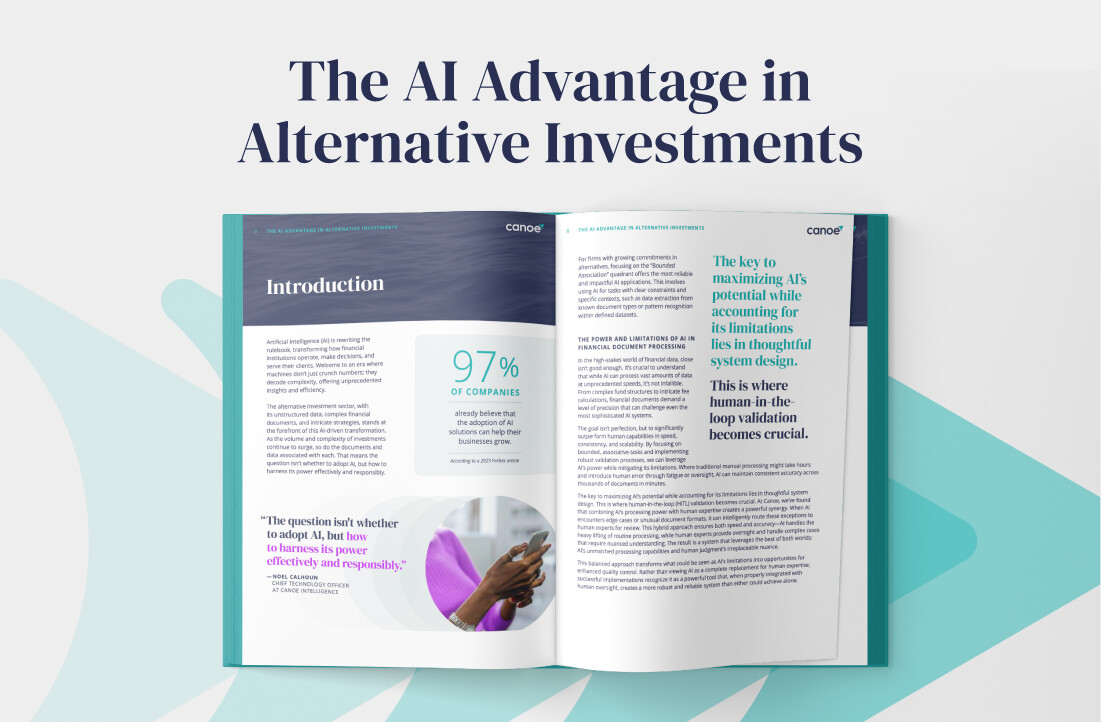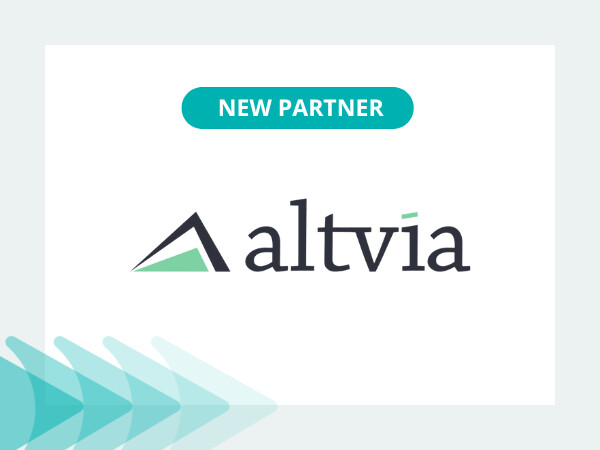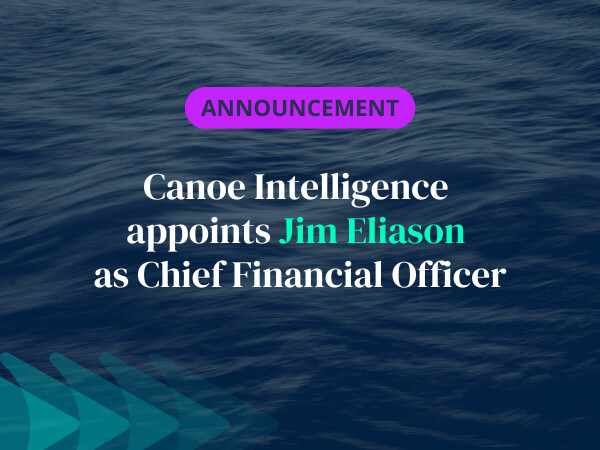Takeaways from Canoe’s Client Roundtable on Operational Challenges and Technology Best Practices
Our Client and Prospect Roundtable on Operational Challenges and Technology Best Practices was hosted in December 2018. In attendance were prominent Multi-Family Offices (MFOs), Registered Investment Advisors (RIAs), and Institutional Investors, all with extensive experience investing in and managing alternative investment vehicles.
Roundtable Objective
The objective of facilitating such an event was to bring together a diverse group of firms in order to better understand operational pain points and challenges in our industry and gather perspective on what processes have worked well and which areas or systems present problems.
In doing so, roundtable participants gained understanding and insight from other like firms relating to operational processes that work, as well as common problems every firm shares. The venue also provided an opportunity to discuss how to better leverage digital solutions in order to support growth and scalability, and build business efficiencies.
Key Takeaways
As each participant shared their experiences on various topics, extensive notes were recorded and collated to reveal the following key takeaways from the event:
Document retrieval is more painful than most firms realize.
Document retrieval is more painful than it seems. Tracking down missing documents, logging into portals, and lobbying for historical documents from firms you’re no longer invested with or affiliated with is significantly time-consuming and frustrating.
Some firms, like a $14 billion multi-family office in attendance, set explicit cutoff dates for client reporting to continually move forward, even if all documents have not been retrieved. Even if this means that quarter-end reports are not fully updated with PE valuations, other PE-specific performance reports can be run at a later date alongside portfolio reporting to account for any mismatch.
Suggested Resolution: Firms need a clear dashboard that identifies expected document delivery and source, to ensure key data doesn’t slip through the cracks, and documents can be retrieved more efficiently. Direct connections to portals, like Canoe’s Intralinks Connectivity, is another way that firms can leverage technology to automate time-consuming manual processes.
GP Portals can be inefficient.
GPs and Admins often apply security measures to some documents and not others. Retrieving multiple documents at the same time from a single portal tends to be a time-consuming process.
One attendee, a VP of operations at a $4.5 billion multi-family office, described her frustrations with the lack of structure in how documents are managed and distributed. For example, some documents are password protected in portals, others are not, and it is incredibly difficult to manage access to all this information every reporting cycle. Some documents, like Capital Account Statements, are only available within a secure portal, while Subscription Document Details are normally shared via email and PDF in an unsecured way.
Suggested Resolution: As mentioned above, direct portal connections, like the Canoe Intralinks Connectivity, are an immediate way for firms to leverage technology to retrieve documents from portals in bulk. Moreover, a centralized document repository that ingests investment documents from portals and email inboxes enables firms to view all important documents from various sources in one place.
Costs associated with current manual processes haven’t been understood at scale.
Firms recognize the manual nature of the alternative investment operations processes, but they haven’t tangibly quantified the true cost to the firm across various dimensions (accuracy, time, human capital, turnover, etc.). It is agreed that status quo workflows are far too manual, far too frustrating, and far too costly.
An operations associate at a private investment office cited scalability concerns over being the only individual at the firm focused on reporting and operations. Connectivity between various accounting and reporting systems has been helpful in streamlining reporting activity; however, the manual work required is quite a burden for one individual to independently manage, particularly within a growing business.
Suggested Resolution: Leveraging technology like Canoe to systematically ingest documents, categorize, rename, and store those documents, extract key data from the documents, validate the accuracy of that data, and deliver that data into the performance reporting and accounting systems that require these inputs provides significant cost and time savings, improves accuracy and business scalability, and reduces team turnover.
Regardless of the product or technology, a personal element is key.
The personal element is critical to building lasting partnerships and will continue to be a critical factor in procurement decisions going forward. Clients want to speak with a person on the other end of the phone, not some black box. Additionally, it’s important that firms are able to take core technology and apply it easily to client workflows, instead of offering an out-of-the-box solution to which clients must adjust their workflows.
Suggested resolution: Ensure that service and support are paramount in any vendor relationship you establish, particularly with SaaS-based technology. Canoe has always viewed our clients as our partners, essential to the growth and improvement of our product and business.
Looking Ahead
We’re encouraged by the level and quality of participation from several prominent RIAs and MFOs at our first event. Only by maintaining an open dialogue with the wealth management and institutional investment community can we discover how best to serve their needs in innovative and practical ways.
Canoe will continue to host more of these events and provide insight from some of the most well-known institutional investors in the world. For more information about this, future roundtable events, and your potential participation, contact Canoe Intelligence.




